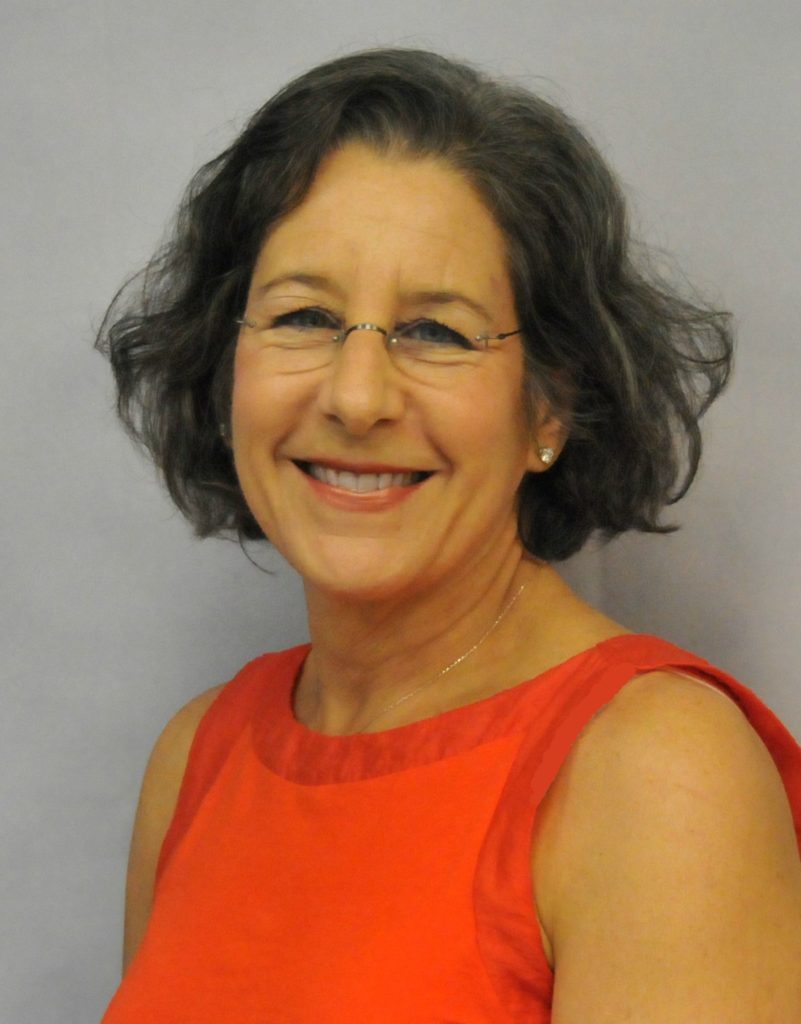by Gail Schuster, LCSW

We all wonder what “normal” is when it comes to different stages of life. One of the stereotypes of aging is that it is normal to feel depressed or anxious. The truth is feeling this way is NOT normal, but it also not uncommon. A recent study from the American Journal of Geriatric Psychiatry found that 27% of older adults met the criteria for a diagnosis of major depression and 31% had symptoms of depression which impacted their lives; common, perhaps, but not normal.
Depression is often under-recognized and under-treated in older adults. Depression not only severely limits quality of life and ability to take care of oneself; it can also lead to physical health problems, such as slower recovery from physical illness. Depressed people are also at a greater risk for suicidal thoughts and actions. Symptoms of depression include sadness, loss of interest or pleasure in activities, disturbed sleep, weight loss or gain, low energy levels, difficulties concentrating or making decisions, restlessness or slow movement, and thoughts of death or suicide. While we all experience one or more of these symptoms from time to time, when they begin to interfere with work, relationships, and other parts of our regular life it is problematic and indicates that we could be suffering from Depression.
Anxiety is another condition which affects older adults. Panic attacks, or sudden feelings of terror; repetitive unwanted thoughts (obsessions) or rituals (compulsions); phobias; and chronic, exaggerated worry can all be indicators of an anxiety disorder. Have you ever suffered from extreme nervousness or fear? Do you sometimes experience chest pains, headaches, or gastrointestinal problems? These can be symptoms of anxiety as well. A recent study found that between 3% and 14% of older adults meet the criteria for a diagnosable anxiety disorder. An even greater percentage (27%) have symptoms of anxiety that may not amount to diagnosis of a disorder, but still significantly impact their lives.
Depression and Anxiety are common and treatable. The most common and effective treatment is a combination of therapyand medication, but some people may benefit from just one form of treatment. The earlier these illnesses are identified and addressed, the easier it is to reverse the symptoms.
Aging indeed has its challenges, but allowing symptoms of anxiety and depression to affect your life does not have to be a part of the process. Have a discussion with your physician or a mental health provider about your symptoms. With a proper assessment, you can be on your way to treatment and a happier, healthier you!
CJFS offers individual and group therapy for people of all ages — in person, by phone or via video apps such as FaceTime and Zoom. Insurance is accepted. To learn more, contact Clinical Director Marcy Morgenbesser, marcy@cjfsbham.org or 205.879.3438.








